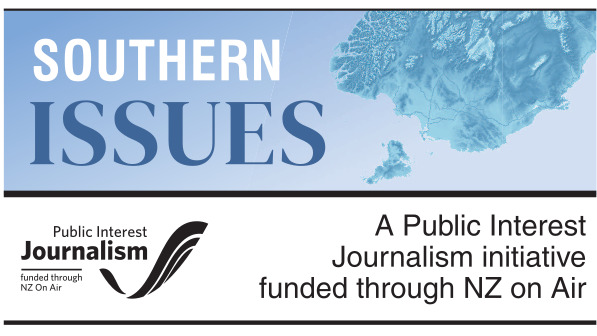

The guide — innocuously titled the Dunedin Accommodation Guide — included a list of boarding house landlords. Their buildings are known to the ODT’s investigative team and are mostly in a shocking state, yet housing vulnerable, sick homeless people.
Homeless people across the city who showed the guide to the ODT said they got it from Dunedin’s Work and Income, an agency of the Ministry of Social Development (MSD). Work and Income is responsible for helping people with urgent housing needs.
After a list of 11 boarding houses visited by the ODT was supplied to the MSD, it finally capitulated and removed all boarding houses from the "guide" apart from one that is known to have higher standards.
The guide was handed out by government officials to people ranging from a young mum with a preschool child to a man in his 70s with health problems. Work and Income also rang round boarding houses on behalf of homeless people and then pointed them towards particular ones, including the infamous Carisbrook Hotel.
Among those handed the list before the MSD removed almost all the boarding houses from it were single mum Suzy* and her 2-year-old child, who had been kicked out their Dunedin home. The landlord wanted to renovate, rendering them homeless.
Suzy scrambled to arrange a new private rental — but it didn’t start for a few weeks.
When she went down to her local Work and Income office with her daughter in tow she was given the guide.
"I felt like I was being shunted out. Not once did they say ‘be careful with this list’."
The guide listed two charities at the top — the night shelter and the women’s refuge — but neither charity provides housing solutions.
So mum and daughter visited another option listed. It turned out to be a dire boarding house — one of the worst visited by the ODT in its Houses of Horror investigation.

"There is some funny business going on at Work and Income. Why were we not offered emergency housing somewhere decent?"
When challenged about the list by the ODT, Work and Income regional commissioner Steph Voight initially replied that the guide was "a localised initiative to make it easier for people to work through a range of accommodation options". Ms Voight said a disclaimer would be added to it and later acknowledged: "We recognise that providing a list of accommodation options may have been seen as an endorsement by us."
After information about the boarding houses visited by the ODT was provided, she responded saying: "We will work through the information you have provided and adjust the guide appropriately."
The next iteration of the guide includes only one boarding house and the remaining entries in the guide are mainly real estate agents. However, charities say that homeless people — due to their often multiple vulnerabilities and life challenges, such as addiction and mental illness — can struggle to find a private rental.
Dunedin’s hotels and motels do not appear on the list, with a spokesperson saying they are not the answer to Dunedin’s homelessness problem.
President of the Otago Motel Association Pete Firns said: "Moteliers care about this city and are behind it addressing homelessness, including the horrors of people in substandard boarding houses. While a few motels may take Work and Income clients for short stays only, most motels don’t because the answer to homelessness is more housing and support for people.
"Motels are not equipped or suitably staffed to meet the needs of vulnerable homeless people."

The city’s deputy mayor, Sophie Barker, told the ODT she was shocked by the guide and the way it had pointed people to dilapidated boarding houses without support.
"I understand Work and Income may think they are trying to be helpful, but it is disgraceful to send people to places like this."
Clare Curran, chairwoman of Dunedin’s Night Shelter and a former government minister, slept in the Octagon in a tent six years ago to highlight the issue of homelessness.
Ms Curran described boarding houses as "precarious housing" and called for any accommodation promoted by Work and Income to be "vetted" in the future.
The ODT has helped stop one rotten road offered to Dunedin’s homeless people — but a better road, into permanent housing and support, is yet to be achieved for those stuck in dire boarding houses and on the city’s streets.
Paul Chamberlain, chief executive of mental health provider Pact, says: "Any pathway plan for Dunedin will be hamstrung if there is nowhere for people to go. If no more bedrooms or support is funded and available, nothing can improve."
*Name changed








